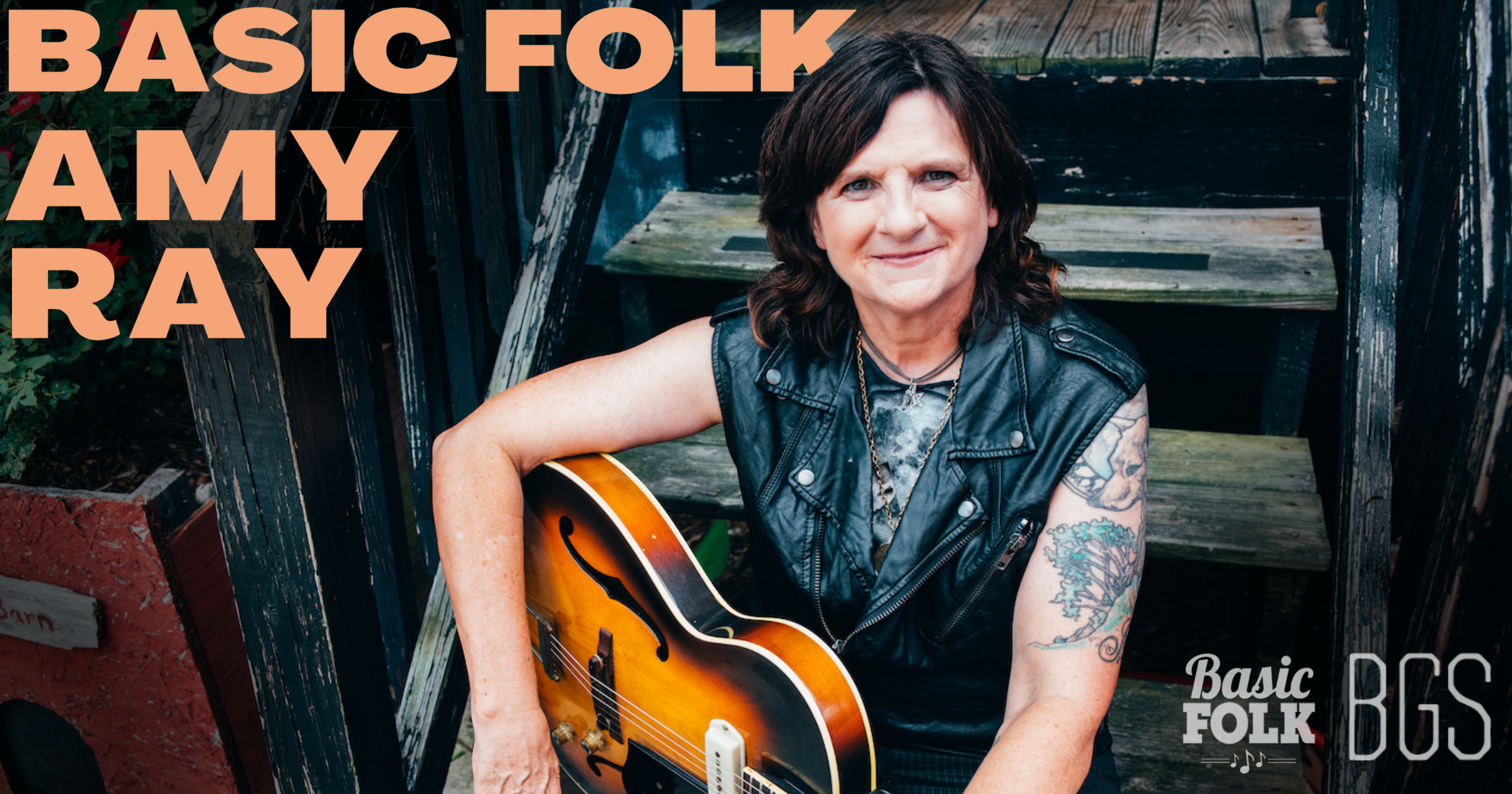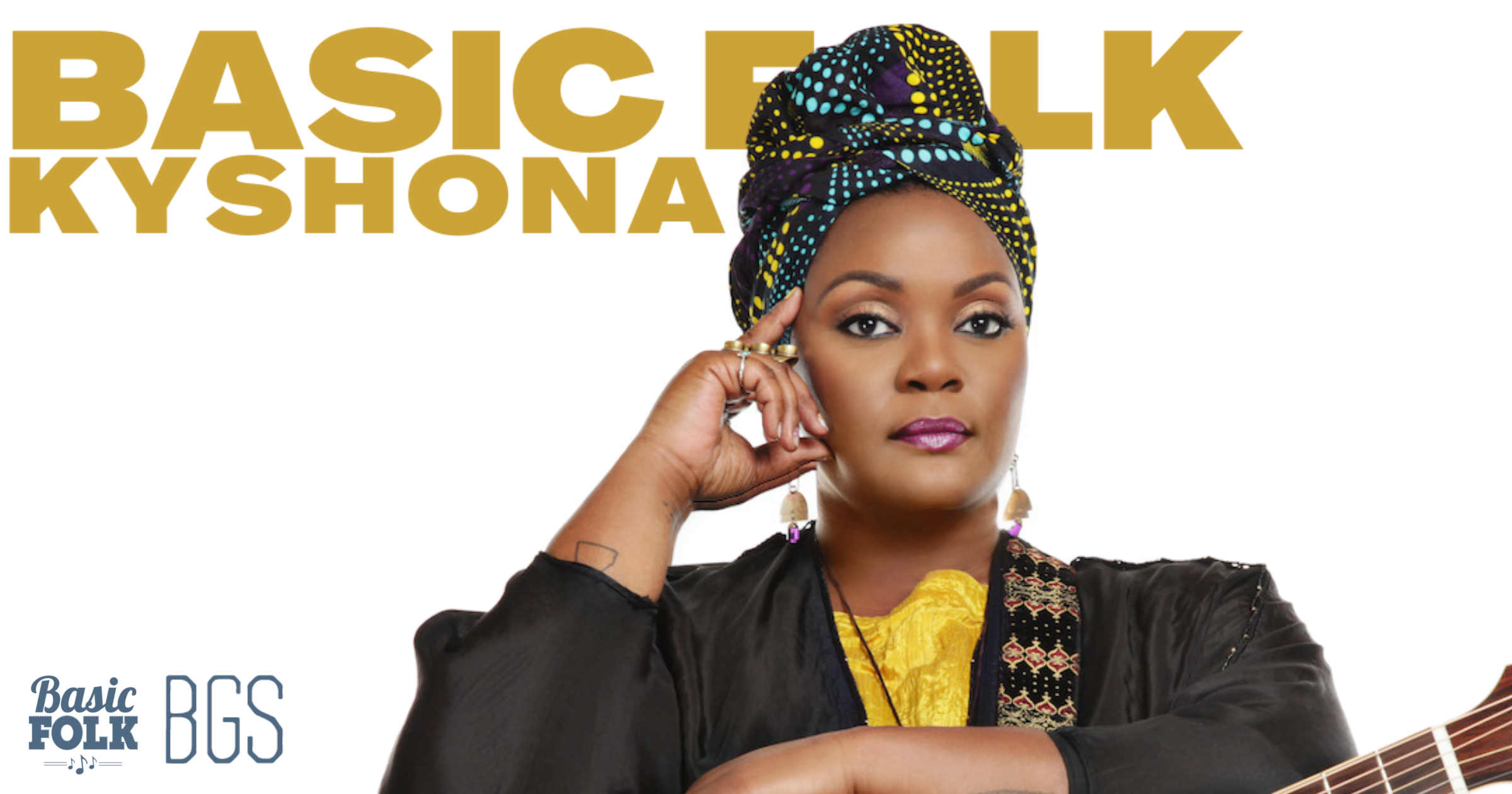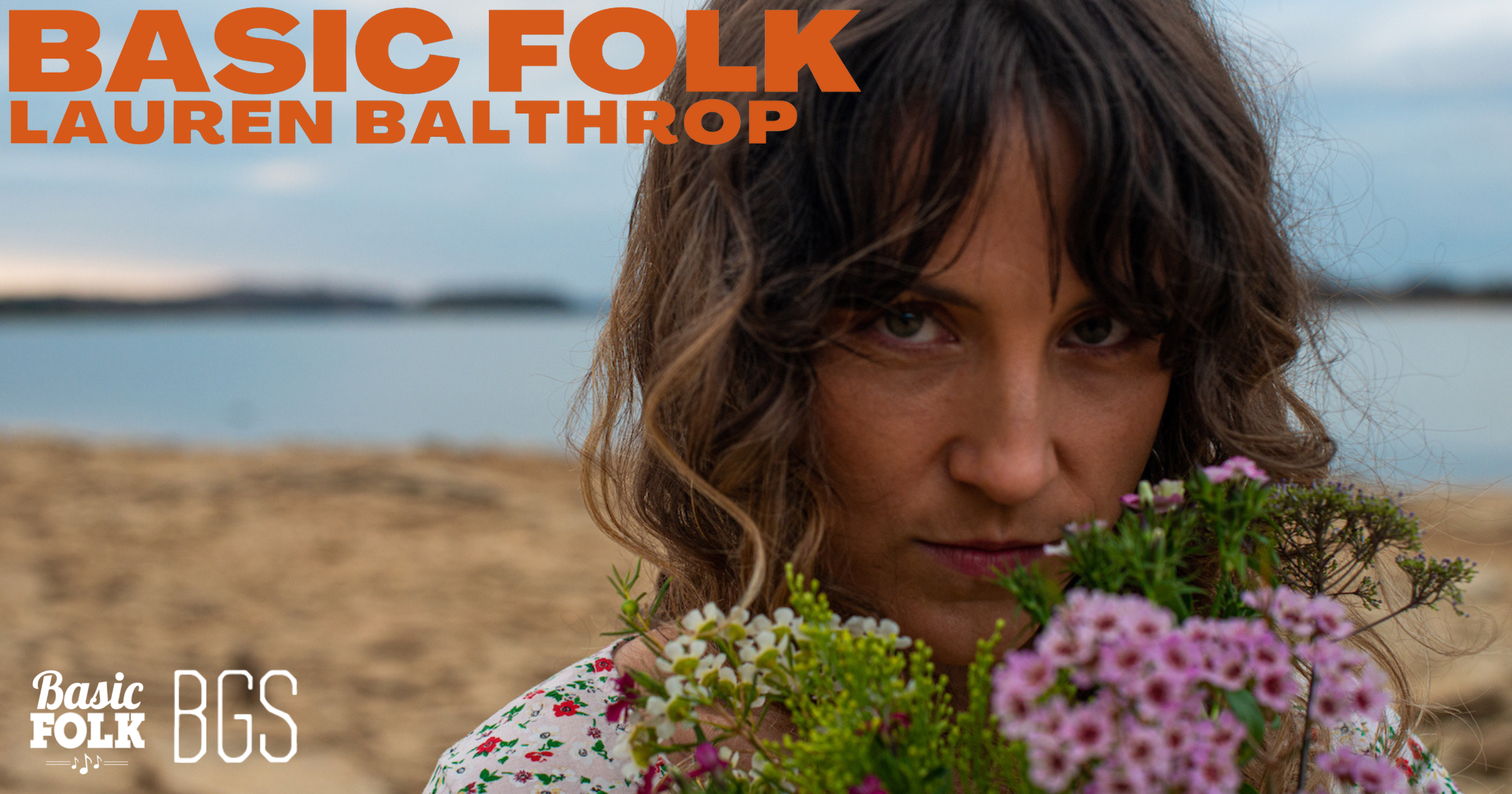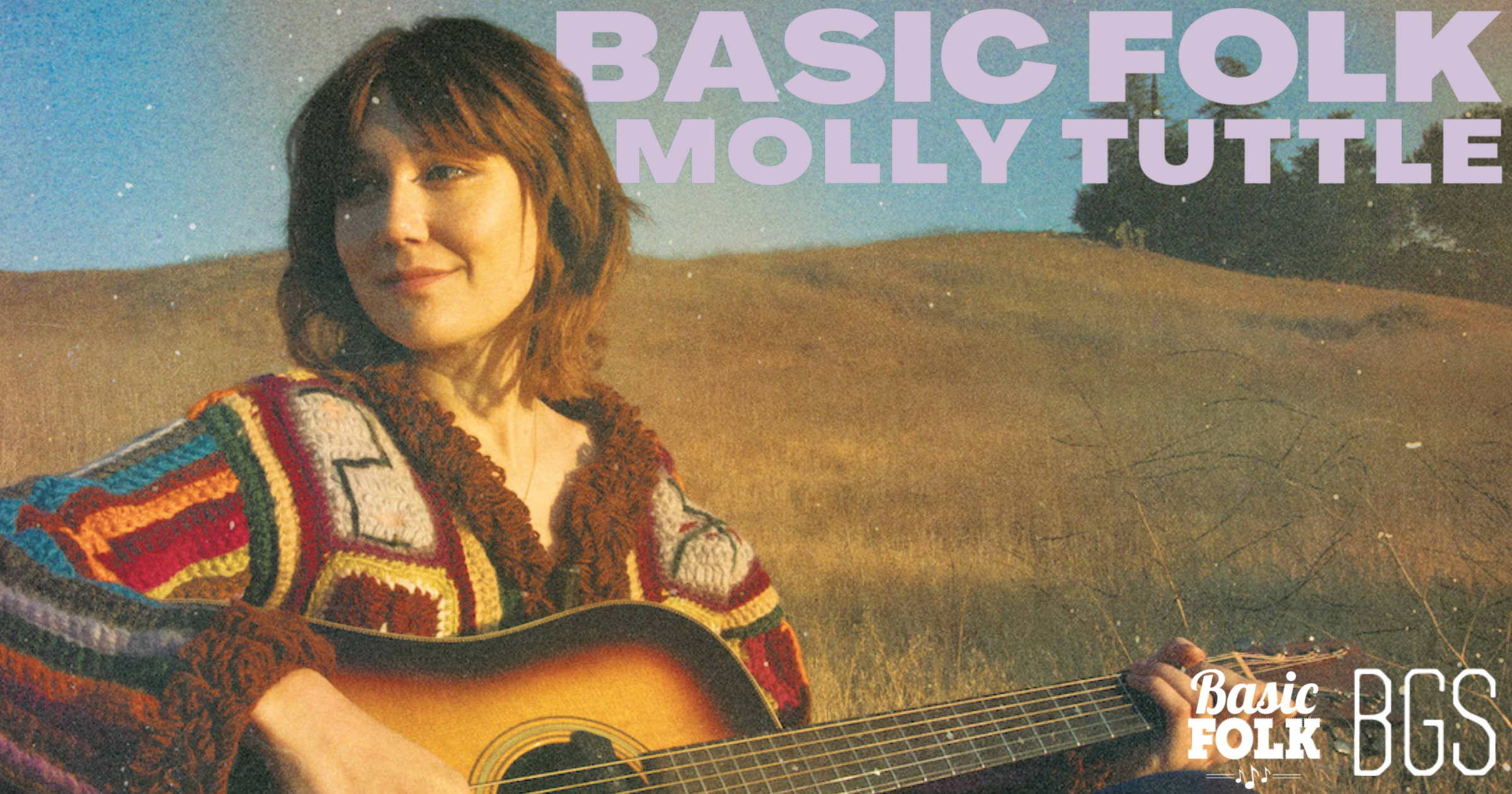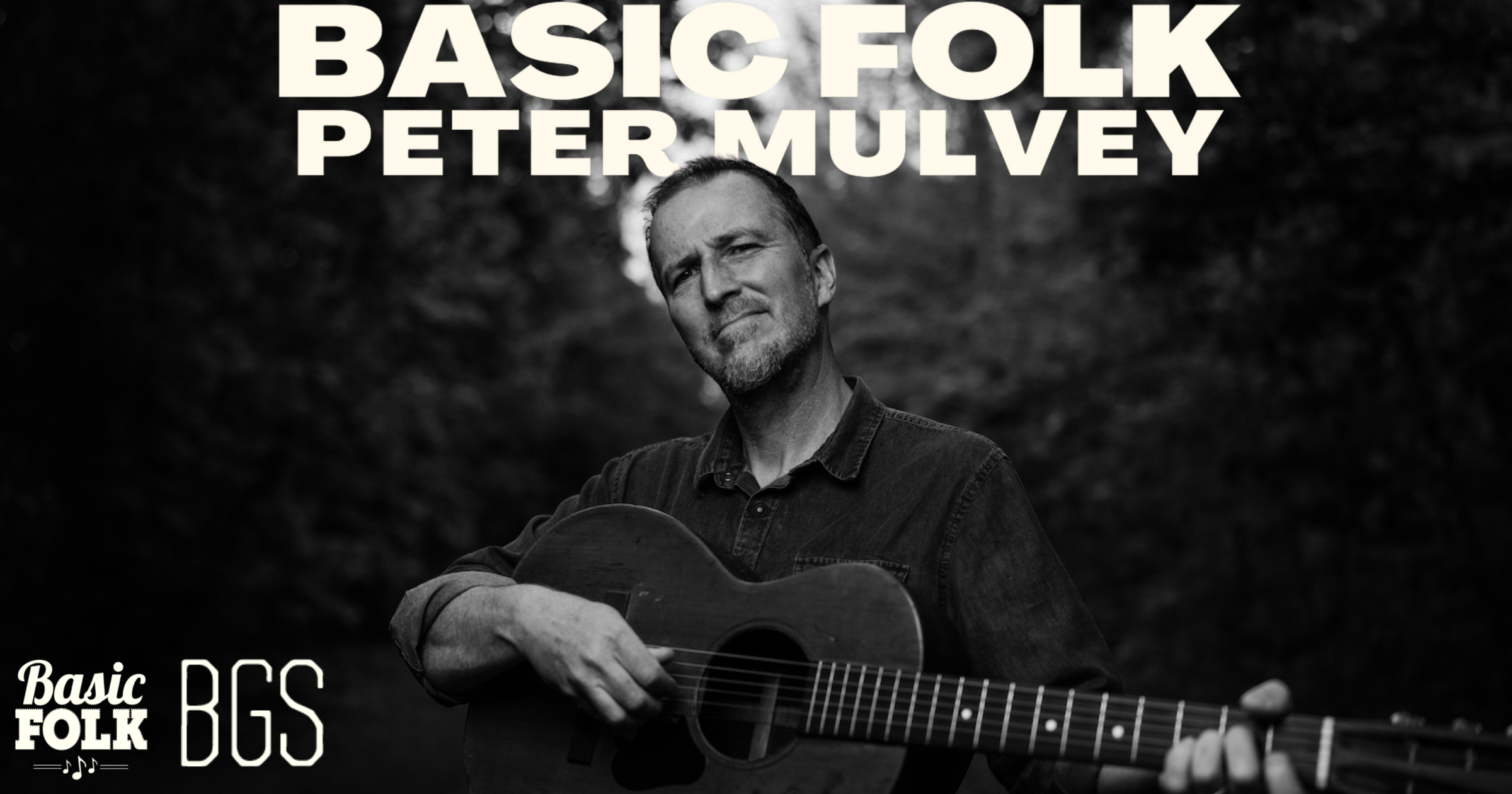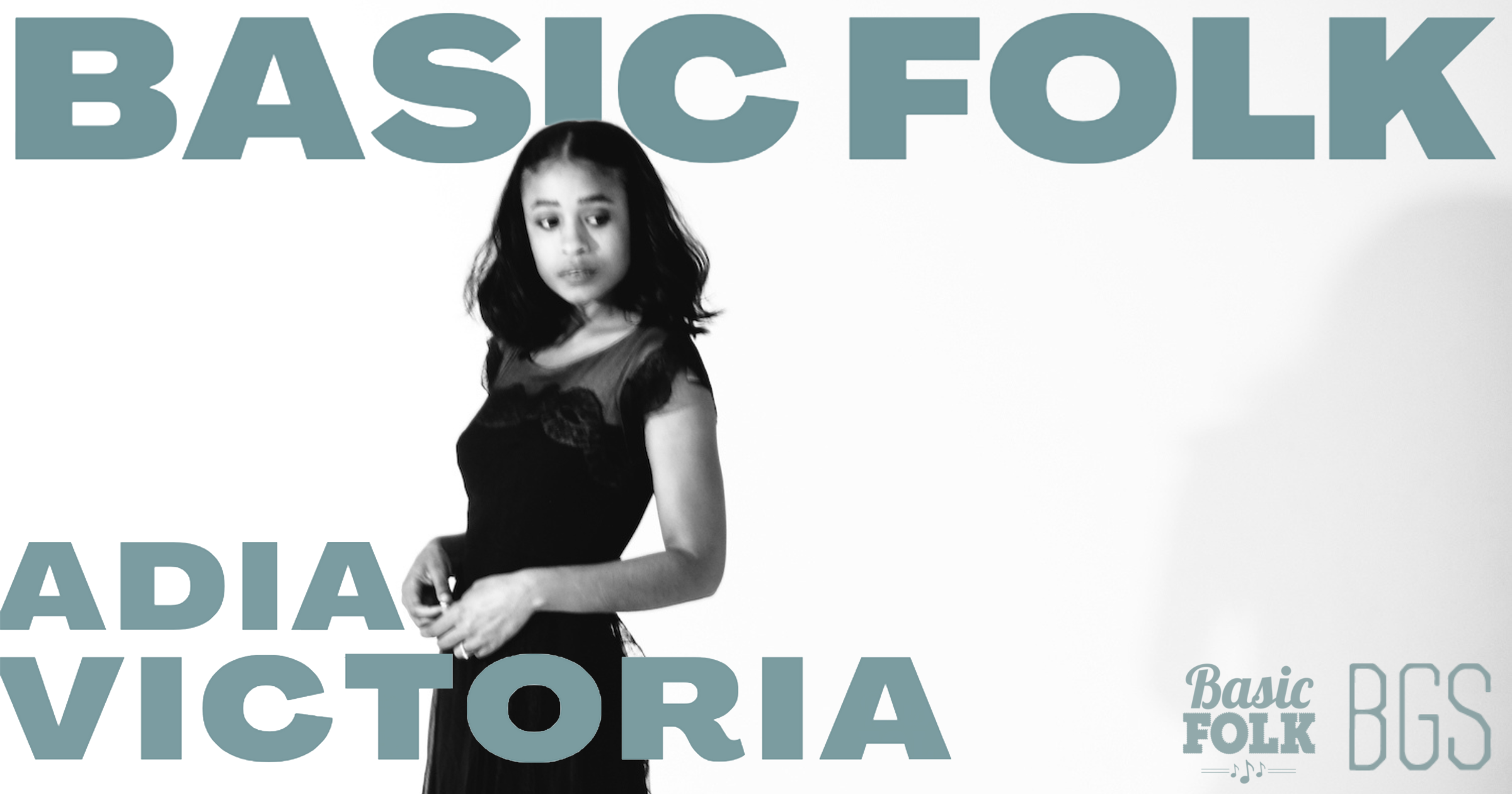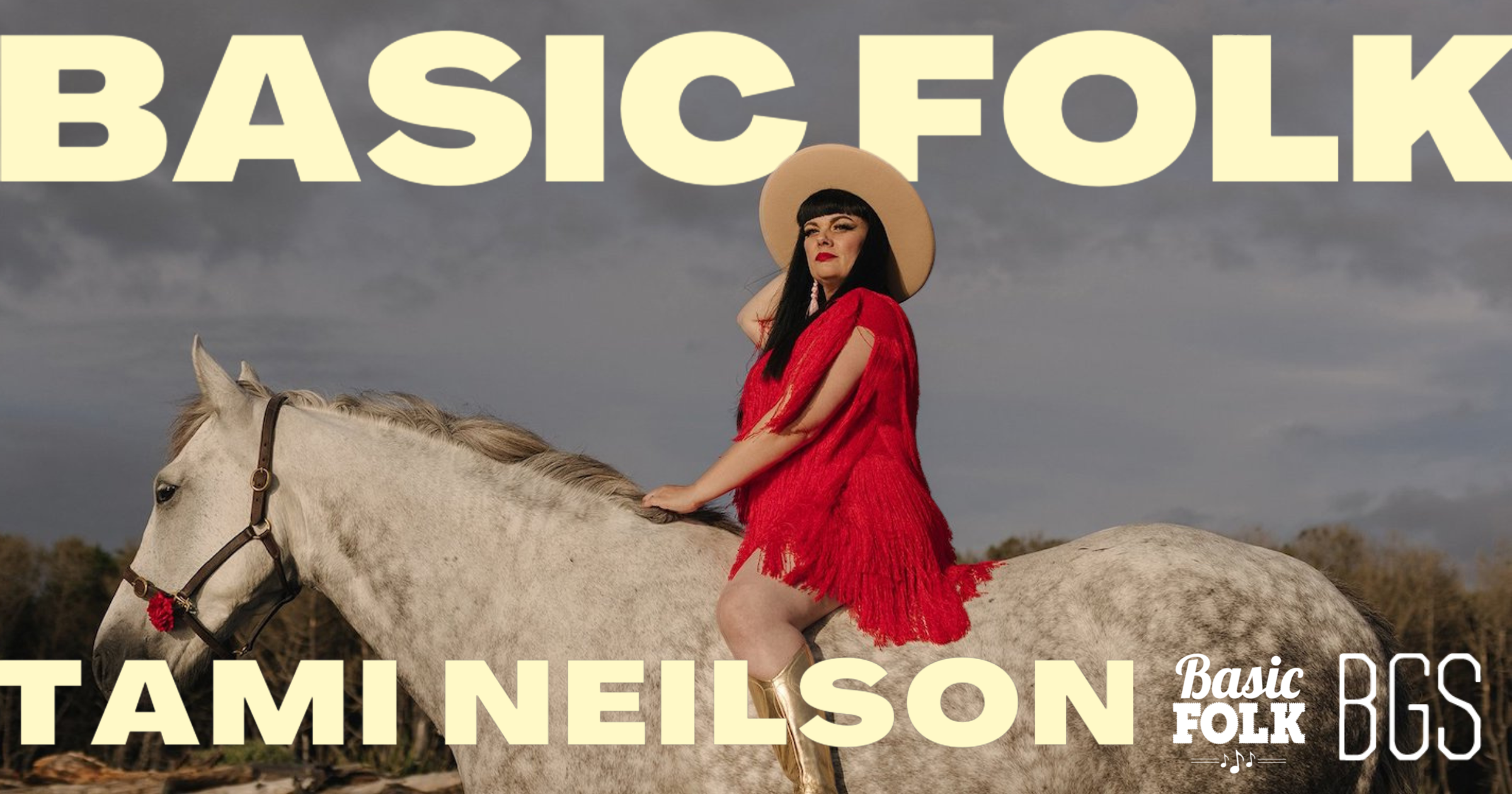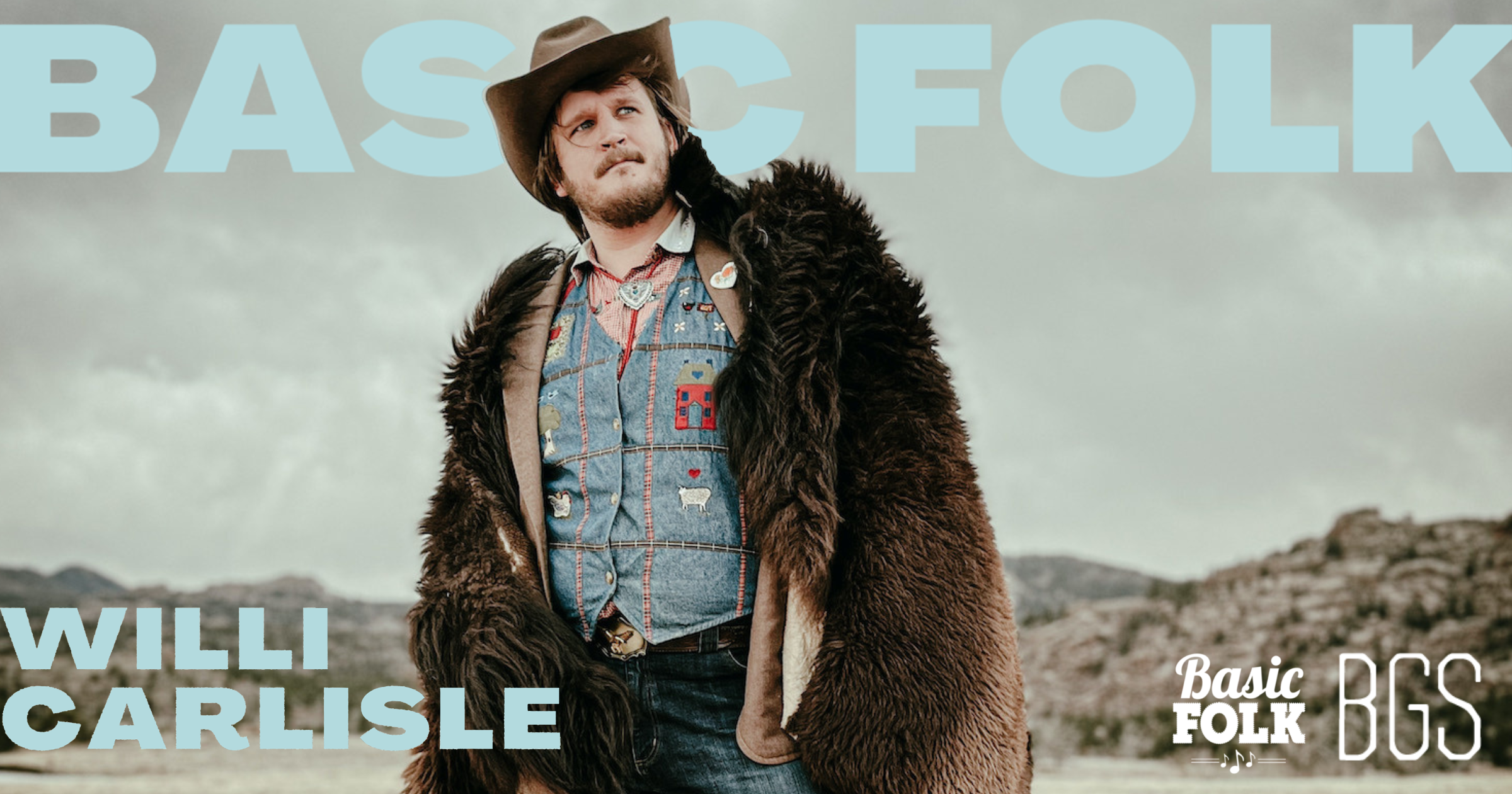Amy Ray is best known for being one half of Indigo Girls with Emily Sailers, a band that’s been going strong since the late 80’s. She’s also known for her activism and love for all types of music. On her latest solo album, If It All Goes South, Amy’s bringing us songs of comfort and healing. Recorded live to tape in Nashville, this album features an incredible lineup of guests like Brandi Carlile, I’m With Her, Allison Russell, Phil Cook and Alison Brown. She’s confronting racism, homophobia, religion and mortality in her songs and we go deep into those topics in this episode.
LISTEN: APPLE • SPOTIFY • STITCHER • AMAZON • MP3
Aside from exploring gender identity and being comfortable in your own body, I had an agenda in our interview. I’ve talked about this a little on the podcast, but recently our dog Willis suddenly and unexpectedly died. Amy’s new album features the song “Muscadine,” which was written when her oldest dog passed away. The song’s about “learning to love and receive love in the purest way, and to not be picky about life, but to stay the course with curiosity and gratitude.” I was grateful for Amy’s words of wisdom about the loss of a dog and am happy to share them with you. Actually, Amy’s full of wisdom and is always so open to whatever questions come her way. Enjoy this conversation with a very, very good person.
Editor’s Note: Basic Folk is currently running their annual fall fundraiser! Visit basicfolk.com/donate for a message from hosts Cindy Howes and Lizzie No, and to support this listener-funded podcast.
Photo Credit: Sandlin Gaither
